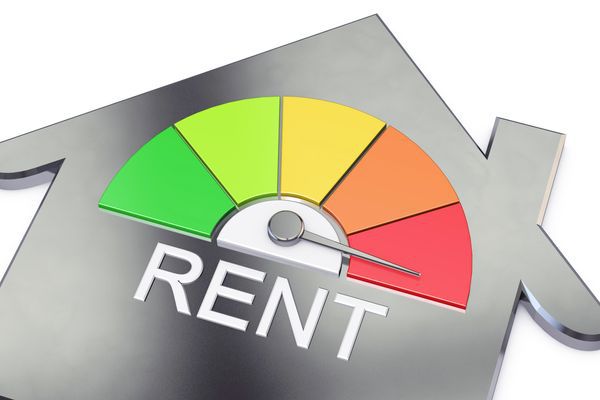The debate over how to address California’s rising housing prices has been going on for years. In 2018, Proposition 10 made it onto the ballot. The legislation proposed statewide rent control. However, it was rejected by voters and criticized as overreaching. Despite its defeat, a new effort to limit some of the Golden State’s rental prices has returned to this year’s ballot. This time, California voters will have the opportunity to consider a new version of rent control under Proposition 21. Here is what you need to know about the newly proposed rent control measure on the ballot.
The Same Group Filed Proposition 21 as Proposition 10
Proposition 21, or the Rental Affordability Act, is being championed by the same Los Angeles based non-profit that proposed Proposition 10, the Aids Healthcare Foundation (AHF). Unlike Proposition 10, which aimed to permit rent control of any type of rental property, Proposition 21 appears to be taking a more measured approach, only applying to certain dwellings.
Proposition 21 Seeks to Replace the Costa-Hawkins Rental Housing Act
In 1995, the Costa-Hawkins Rental Housing Act put limitations on local governments regarding rent control. Before Costa-Hawkins, local governments could enact rent control laws as long as landlords received a fair and reasonable return on their rentals. After its enactment, rent control could not be used on properties first occupied after February 1, 1995, and on certain types of condominiums, single-family homes, and townhouses. Costa-Hawkins also allows landlords to raise rental prices on rent-controlled properties as soon as a tenant moves out. In effect, reducing the amount of rent-controlled and affordable property available to tenants.
If passed, the Rental Affordability Act would allow local governments to adopt rent control measures for housing units except those:
- First occupied within the last 15 years, and
- Units owned by a person who only owns one or two properties. These properties would have separate titles and could include single-family homes, condominiums, and some other types of properties.
Proposition 21 also would restrict rental price increases to 15 percent during the first three years after a tenant vacates a rent-controlled property.
California is Facing an Affordable Housing Problem
California’s lack of affordable housing has become a growing problem. Last year, Governor Gavin Newsom signed a law restricting rental increases to no more than 5%, plus inflation, to help with the state’s housing costs. According to reports, California is home to one in four homeless people in the US. Further, Los Angeles County’s homeless population had already increased significantly before the pandemic. With the economic challenges that many people are facing because of COVID-19, the state’s homeless population is expected to grow.
Proposition 21 is Gaining Support with Politicians, Community Groups, and Civic Leaders
Affordable housing advocates have lined up in support of Proposition 21. Politicians like US Sen. Bernie Sanders, US Rep. Maxine Waters, and US Rep. Barbara Lee support the measure as do State Senators María Elena Durazo and Ben Allen and State Assembly Members Rob Bonta Miguel Santiago, and Wendy Carrillo. Numerous Los Angeles City Council Members have also endorsed Proposition 21. According to a recent report, the measure has also received the endorsement of the Reverend Al Sharpton and the National Action Network.
Opponents of Proposition 21 Say it is As Flawed as Proposition 10
Opponents of Proposition 21 have argued that it is merely another version of the already rejected Proposition 10 and that it fails to address the more significant affordable housing problems in the state. Some critics believe that Proposition 21 will lead to government involvement in the real estate market and suppress affordable housing development. Property owners are also concerned that being subjected to these limitations will make their investments less profitable.
Contact the Law Office of Raffy Boulgourjian
Attorney Raffy Boulgourjian is a California real estate attorney with over twenty years of experience representing clients in residential and commercial real estate cases. He has the knowledge and expertise to protect your interests during your real estate matter. Contact Mr. Boulgourjian today to schedule a free legal consultation to discuss your California real estate legal needs.


